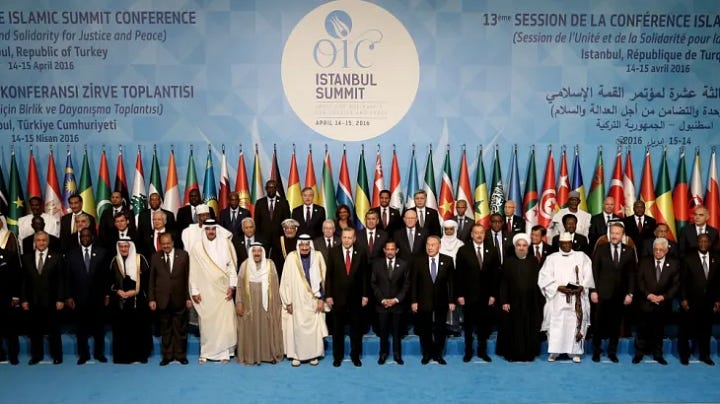Russia Negotiates from Strength
Why Has the Muslim World Failed to Do So?


Russia, a nation the West sought to cripple with sanctions and diplomatic isolation, is now dictating the terms of global power negotiations. It was meant to be broken by the war in Ukraine, exhauste…




